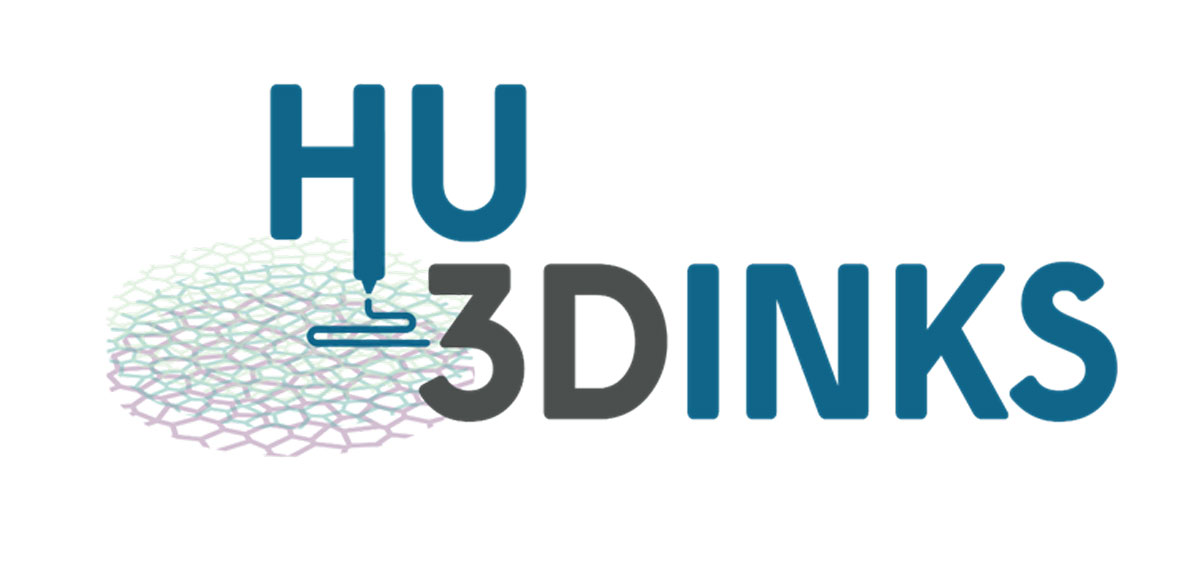Bioprinting technology has the potential to revolutionize medicine by generating human tissue for a variety of applications. A key element of this technology is bioinks – materials that contain living cells and support them during and after the printing process. The IraSME research project “Human bioinks for 3D printing” (HU3DINKS) aims to advance this field by developing human tissue-based bio-inks for various 3D bioprinting technologies.
Most of the bio-inks currently in use are derived from animal materials such as gelatin or collagen. HU3DINKS aims to overcome this limitation by developing high-performance human tissue-based bio-inks suitable for various 3D bioprinting technologies, including extrusion printing and high-resolution laser printing.
Future biofabrication applications include human tissue regeneration and “organ printing.” However, bioprinting technology can also already offer solutions in the non-animal testing phase. This is where “human 3D inks” can make a big difference in making bioprinting truly animal-free.
The HU3DINKS consortium, consisting of partners from Belgium and Austria, brings together experts with unique complementary expertise. THT Biomaterials from Vienna brings its unique expertise in human placenta-based materials. BIO INX from Ghent is an expert in bio-ink development for various printing technologies and is responsible for converting THT Biomaterials’ human placenta-based materials into print-ready formulations for various printing technologies.
In addition to the consortium, the project is supported by Morphomed, a specialist in medical silk technology, and UpNano, a specialist in the development of high-resolution 2PP (bio) 3D printing technologies. The Ludwig Boltzmann Institute of Traumatology will be responsible for the biological validation of the newly developed bio-inks.
The project was initiated as part of the International Research Activities of Small and Medium Enterprises (IraSME), which promotes cross-border cooperation between member countries. With the development of ‘human inks’ for 3D bioprinting, the HU3DINKS project could initiate a paradigm shift in bioprinting technology.
Subscribe to our Newsletter
3DPresso is a weekly newsletter that links to the most exciting global stories from the 3D printing and additive manufacturing industry.






















